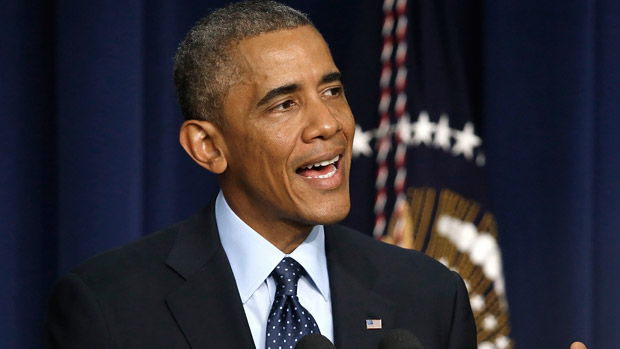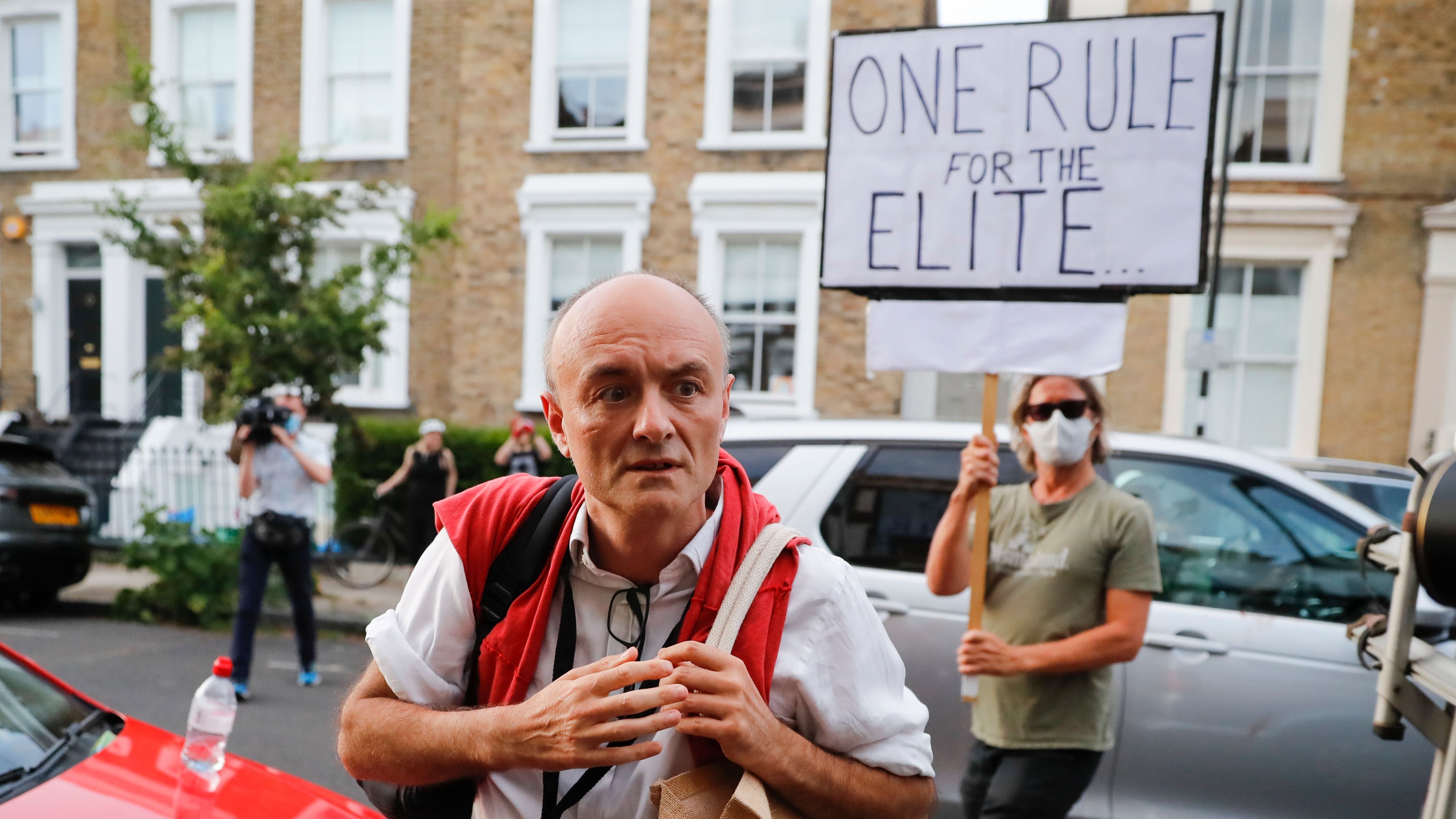Net neutrality: Obama backs equal access to the internet
President comes out against controversial plans to create paid-for 'fast lanes' for the internet

A free daily email with the biggest news stories of the day – and the best features from TheWeek.com
You are now subscribed
Your newsletter sign-up was successful
Barack Obama last night surprised and delighted campaigners for a democratic internet when he came out against plans to end net neutrality in the US, in an intervention which analysts say could prove decisive.
If net neutrality is ended, wealthy companies will be able to pay for their sites and content to be sent to users faster than those of poorer firms or individuals, creating so-called internet 'fast lanes'.
At the moment, a plumber in Chorley's web site is treated no differently to that of Coke. However, the FCC (Federal Communications Commission) is considering changing rules governing data flow which would end this egalitarian treatment.
The Week
Escape your echo chamber. Get the facts behind the news, plus analysis from multiple perspectives.

Sign up for The Week's Free Newsletters
From our morning news briefing to a weekly Good News Newsletter, get the best of The Week delivered directly to your inbox.
From our morning news briefing to a weekly Good News Newsletter, get the best of The Week delivered directly to your inbox.
Campaigners have called on the FCC to instead make it harder for ISPs (Internet Service Providers) to win court rulings allowing them to violate the principle by designating them as utilities.
In a video statement on the subject, Obama called on the FCC to "answer the call" of millions of campaigners and online protesters and "implement the strongest possible rules" to protect net neutrality, the BBC reports.
He said: "We cannot allow internet service providers to restrict the best access or to pick winners and losers in the online marketplace for services and ideas." He added that net neutrality had always been part of the "fabric" of the net.
Obama said the FCC should create new rules so that "neither the cable company nor the phone company will be able to act as a gatekeeper, restricting what you can do or see online".
A free daily email with the biggest news stories of the day – and the best features from TheWeek.com
Republicans were quick to criticise Obama - senator Ted Cruz of Texas, seen as part of the Tea Party wing, quickly dubbed the policy shift "Obamacare for the internet", complaining it "puts government in charge of determining internet pricing".
While Obama himself admitted his intervention was nothing more than a "suggestion" it represents a "shot across the bow" for FCC chairman Tom Wheeler, who is a former telecoms lobbyist, says Time magazine.
Obama's intervention, says Time, will "shift the momentum in the long-running war over the future of the internet".
-
 Why is the Trump administration talking about ‘Western civilization’?
Why is the Trump administration talking about ‘Western civilization’?Talking Points Rubio says Europe, US bonded by religion and ancestry
-
 Quentin Deranque: a student’s death energizes the French far right
Quentin Deranque: a student’s death energizes the French far rightIN THE SPOTLIGHT Reactions to the violent killing of an ultraconservative activist offer a glimpse at the culture wars roiling France ahead of next year’s elections
-
 Secured vs. unsecured loans: how do they differ and which is better?
Secured vs. unsecured loans: how do they differ and which is better?the explainer They are distinguished by the level of risk and the inclusion of collateral
-
 How cybercriminals are hacking into the heart of the US economy
How cybercriminals are hacking into the heart of the US economySpeed Read Ransomware attacks have become a global epidemic, with more than $18.6bn paid in ransoms in 2020
-
 Language-learning apps speak the right lingo for UK subscribers
Language-learning apps speak the right lingo for UK subscribersSpeed Read Locked-down Brits turn to online lessons as a new hobby and way to upskill
-
 Brexit-hobbled Britain ‘still tech powerhouse of Europe’
Brexit-hobbled Britain ‘still tech powerhouse of Europe’Speed Read New research shows that UK start-ups have won more funding than France and Germany combined over past year
-
 Playing Cupid during Covid: Tinder reveals Britain’s top chat-up lines of the year
Playing Cupid during Covid: Tinder reveals Britain’s top chat-up lines of the yearSpeed Read Prince Harry, Meghan Markle and Dominic Cummings among most talked-about celebs on the dating app
-
 Brits sending one less email a day would cut carbon emissions by 16,000 tonnes
Brits sending one less email a day would cut carbon emissions by 16,000 tonnesSpeed Read UK research suggests unnecessary online chatter increases climate change
-
 Reach for the Moon: Nokia and Nasa to build 4G lunar network
Reach for the Moon: Nokia and Nasa to build 4G lunar networkSpeed Read Deal is part of the US space agency’s plan to establish human settlements on the lunar surface
-
 iPhone 12 launch: what we learned from the Apple ‘Hi, Speed’ event
iPhone 12 launch: what we learned from the Apple ‘Hi, Speed’ eventSpeed Read Tech giant unveils new 5G smartphone line-up
-
 Russian agency behind US election meddling ‘created fake left-wing news site’
Russian agency behind US election meddling ‘created fake left-wing news site’Speed Read Facebook says real reporters were hired by fake editors to write about US corruption